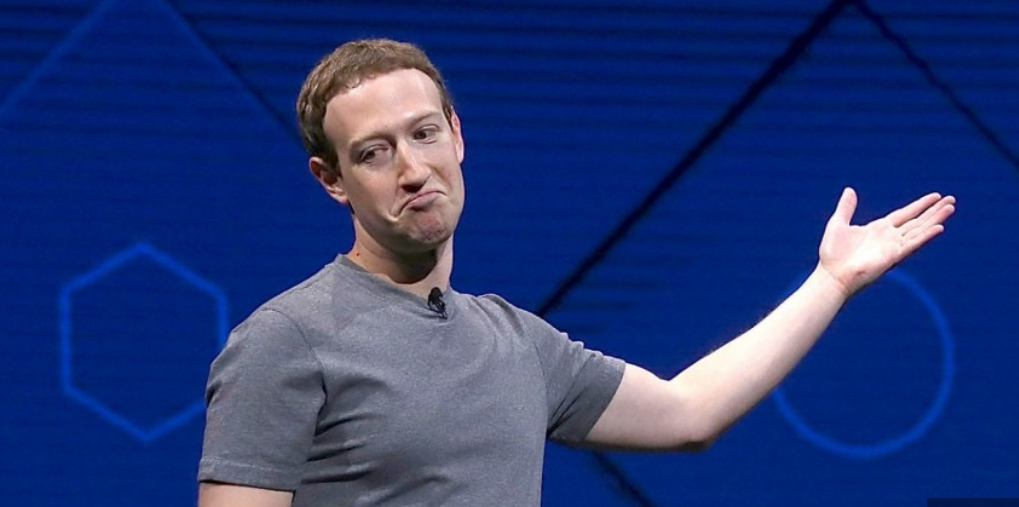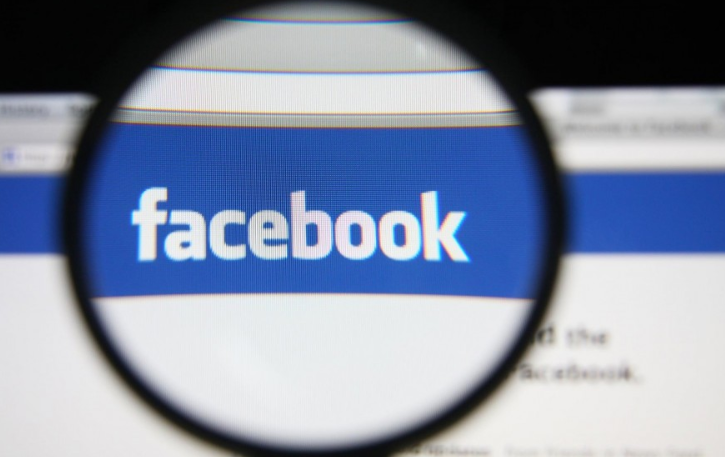The Netflix documentary Smart Society: A Dilemma is on social media! Facebook lists seven points to refute the allegations in the film

The content of the batch of documentaries was biased, and Facebook clarified it one by one
1. There is no incentive for users to become addicted

2. The user is not a product
3. Don't demonize the algorithm
4. Protect people's privacy

Go to "Discovery" - "Take a look" browse "Friends are watching"